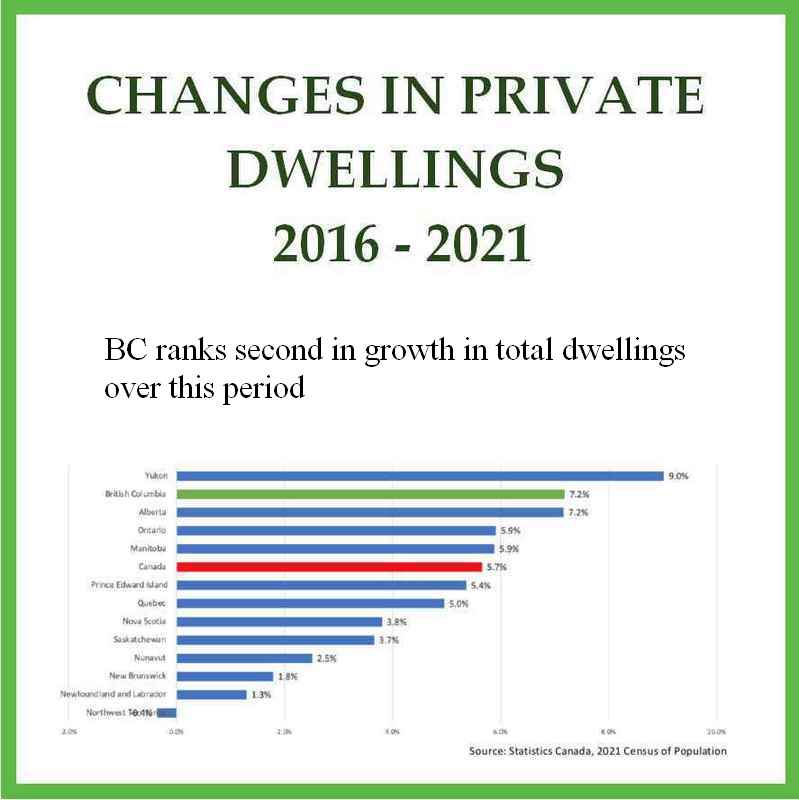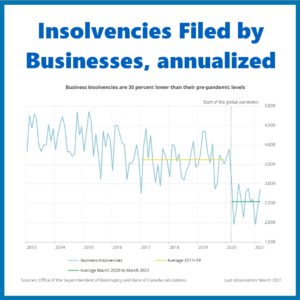The Union of British Columbia Municipalities (UBCM) issued a report late March based on recently released Census data. The title of the first half of the report could have been called “Rising House Prices? It is Not Our Fault!”. While there is a strong focus on spreading the blame, I agree with a lot of the points and conclusions. One surprising fact from the report is that the supply of housing HAS been keeping up with population growth. So laying most of the blame on the slow approval process at the municipal government level may be unfair; though, anecdotally there are many horror stories. I am sure there is some streamlining that can be done which the report acknowledges. A BMO senior economist also looked at the same Census data and concluded the same for Ontario and all of Canada.
One major point is that the shortage of supply is not due to inadequate building. Housing supply has been keeping up with population growth. So the reasons for the price increase? BMO blames a speculative mindset which is corroborated by the fact that 20% of new home purchases across Canada are made by investors! In this light, the demand is more of the issue. The fear of missing out and the significant increase in flipping of pre-sale condos are also factors.
But the root cause for all this demand? Low interest rates! BMO estimates a third of existing home sales are excess, created by low interest rates. That is a frighteningly high number. However, the Bank of Canada is finally starting to address the problem. They have raised the overnight rate from 0.25% to 0.50% on March 2nd. Their next meeting is on April 13th and RBC just days ago suggested that the Bank of Canada will raise 0.50% instead of 0.25% to a rate of 1%. The amount and speed of the interest rate increase over the remainder of the year will not only determine the direction of the real estate market but the entire economy. The Bank of Canada and the Federal Reserve have a tough job ahead of them. They need to increase the interest rate to fight inflation but not so much that it pushes the economy into a recession. Will continue to keep you posted.




